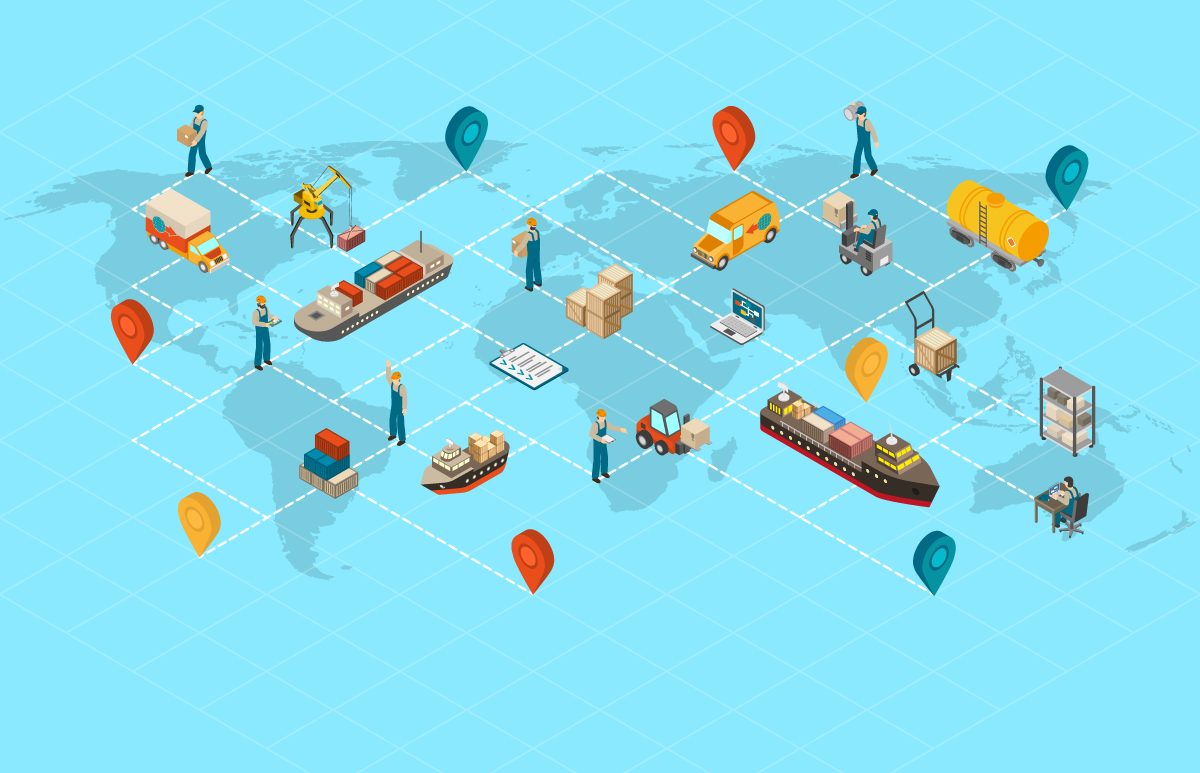What is Intermodal Freight Transportation?
Transportation may not be as complex as it seems, as for the expanded process of delivery applying to it. When it comes to intermodal freight transportation, everyone has taken a glance at the term and its meaning but few may know when to use it and what the benefits of it are.
So let’s take a look!
What Is Intermodal Freight?
Intermodal freight transportation is the process of intermodal transport happening between the seller and the buyer. To explain it further in detail, it is the delivery from destination port to buyer and delivery from seller to destination port.
The process usually involves multiple modes of transportation like container ships, rail, and truck, and is used to transfer containers between rail, road and sea, and then back to a truck to the ending point which would mean that the delivery is completed.
What Are The Benefits Of Intermodal Transportation?
Along with the evolving logistics strategies, the benefits of intermodal freight transportation increase because they maximize the alternatives of shipping.
There are numerous intermodal options to choose from which result in benefitting the transportation process and your company’s progress as a whole.
As an explanation, the benefits of intermodal freight transportation are the following:
Lower price value
Shippers are always looking for ways to decrease their shipping costs. With this in mind, the key advantages that shippers can take are the low rates and predictable pricing. Consequently, this leads to flexibility of goods handling (loading and unloading) which results in reduced handling costs.
Decreased cargo handling
The process of intermodal freight transportation includes trains as part of the process and they are known to have more freight capacity and also move faster. In this way, you will be able to save on the delivery time and transport more cargo at the same time.
Why Is Intermodal Transportation Important?
Looking at the benefits above, we may conclude that intermodal freight transportation increases the efficiency of transporting long-distance goods. It is effective mostly because the containers are well suited for multiple transportations whether it is on ground or sea.

Together with the increased transport efficiency, the company’s effectiveness increases as well, and eventually it may lead to increased revenue.
When Should You Choose Intermodal Shipping?
As shown above, the durability and capacity of a container’s box is built in order to make the transfer of different modes easier and eliminate the risks of direct cargo handling.
For this reason, these are the cases when you need to consider choosing intermodal shipping:
- Intermediate goods (less than 25 tons)
- Long-distance shipments (more than 300 miles)
- Intermediate value cargo
- Continuous cargo needs
- Similar quantities of cargo
As a conclusion, the longer the distance and the larger the goods capacity, the better choice is the intermodal freight transportation.
Final Thoughts
Whether you are looking for improved service or lowering costs, the intermodal freight transportation can be a solid option. Your company can benefit from it and also, it creates capacity when the markets go tight.






